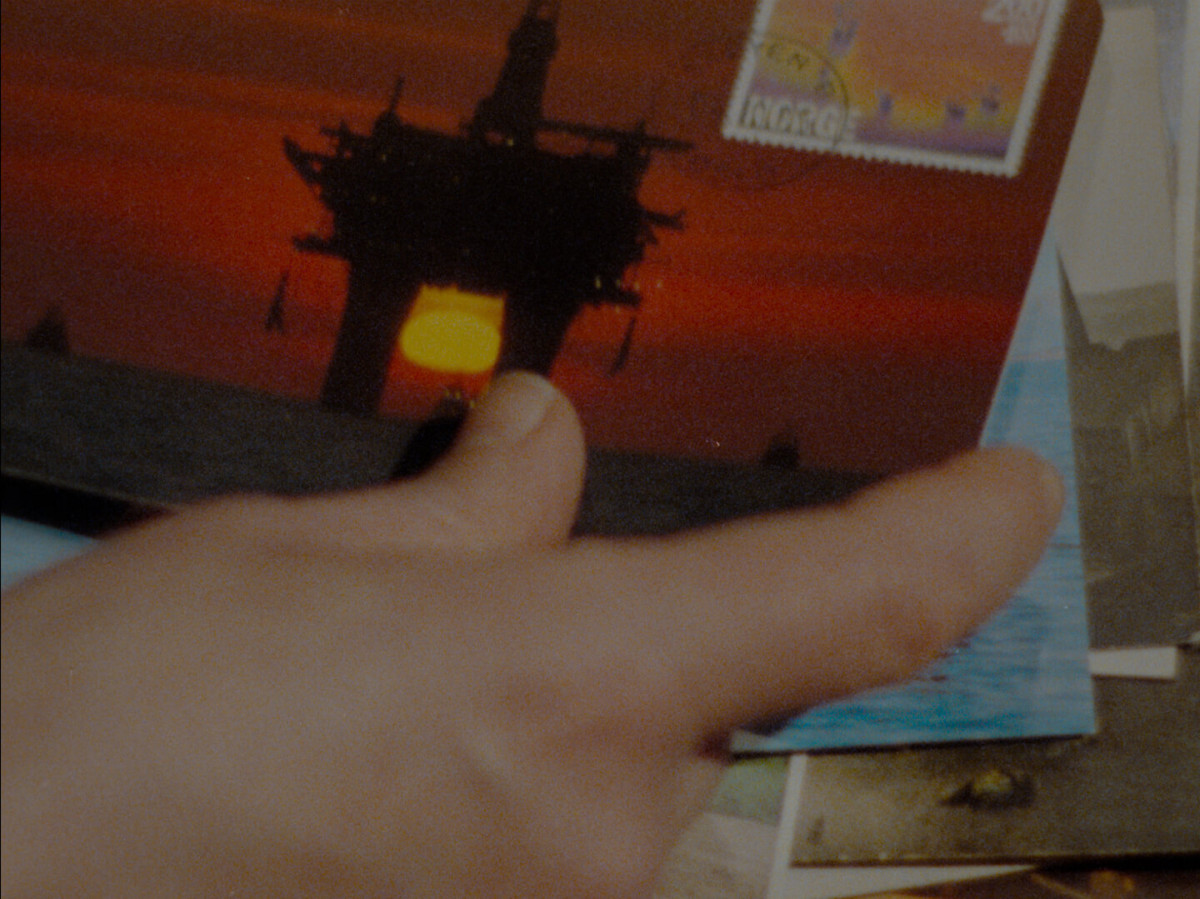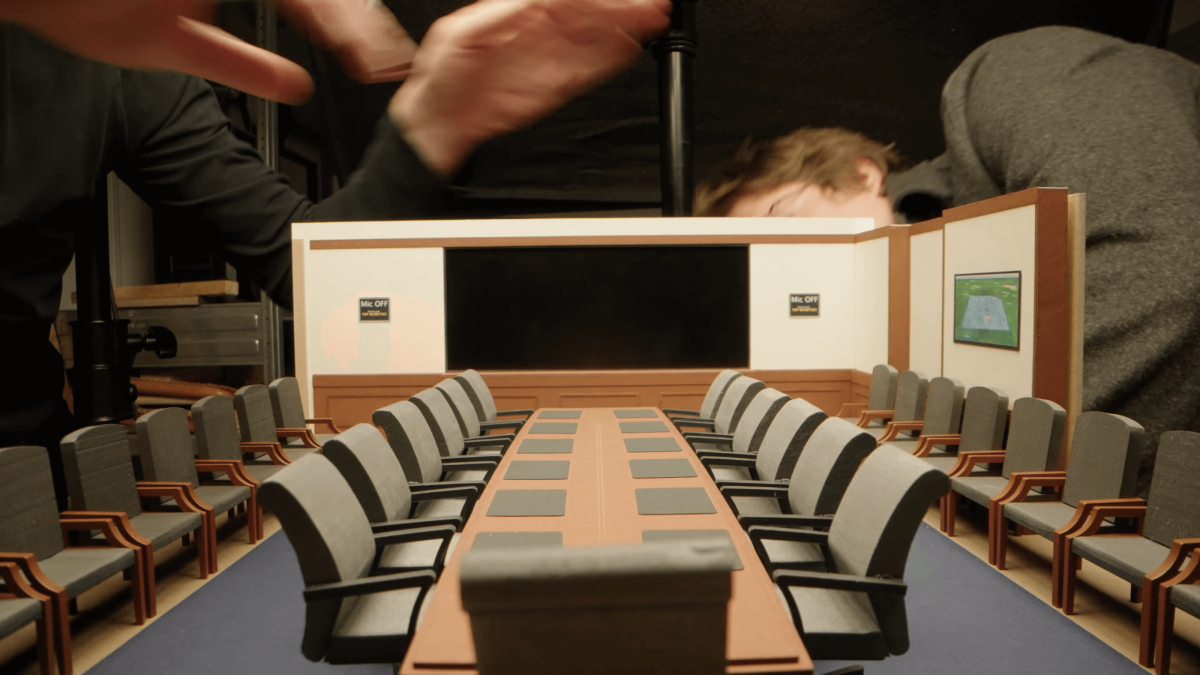CAPIm Research Annual 2025

August 28, 2025
6pm - 9.30pm (CET)
August 29, 2025
10am - 6pm (CET)
Warmly welcome to the first annual symposium of the Centre for Art and the Political Imaginary in Gothenburg on the 28 and 29 of August 2025. Local, national and international artists, researchers and educators gather in Skeppet GBG and Bergsjön Kulturhuset to think together about ways in which art, politics and imagination might shape the futures we want – or end up creating the ones that we fear.
Our focus is on how artists in their work and reflections explore the relationship between politics and imagination. What does such artistic exploration make possible and what is the meaning of all of this for the wider community that art makers exist in? For whom, and by whom, are questions of political imagination raised in art? How can artistic research contribute in a meaningful way to the collective discussion of possible political futures?
We suggest that such an engagement is not only contributing to the creation of possibilities, but that it also comes with a number of limitations and risks. Together, both specialists and non-specialists, we want to reflect on the responsibilities that this turn towards the future means for arts role in society today.
The event will feature a welcome session, keynote speakers, discussions, presentations and a reception.
Keynotes: María Galindo and Stefan Jonsson.
The symposium will mark the release of CAPIm’s inaugural Annual Report (2024).

Programme
Thursday August 28th
6pm
Welcome to the CAPIm Annual Symposium
6:15pm
Opening Keynote: María Galindo
Galindo is an anarcha-feminist activist, artist and broadcaster, cofounder of the collective Mujeres Creando, based in La Paz, Bolivia
7:15pm
Short Break
7:30pm
Panel Discussion with the CAPIm Advisory Board Members
Jay Pather, Maria Hlavajova, Stefan Jonsson and Tania El Khoury
8:30 – 9.30pm
Reception
Friday August 29th
10am
Welcome to the Second Day of the Annual Symposium
10:10am
Presentations by CAPIm Senior Guest Researchers Jonas Staal and, Liv Bugge
Jonas Staal, a Dutch visual artist, whose work engages with the relation between art, democracy, and propaganda, and, Liv Bugge, a Norwegian artist whose practice explores how societal mechanisms are internalized, shaping ethical norms and dichotomies
11:20am
Short Break
11:30am -12:30pm
- Presentation: Elof Hellström & Sebastian Dahlqvist from Hägerstens Medborgarhus - “1000 Kulturhus”
“1000 Kulturhus”— a long-term study, which has so far included a course at the Royal Institute of Art, several symposiums, radio programs, exhibitions, publications and thematic issues of various magazines, focused on understanding the potential functions and futures of community centers and cultural houses.
- Presentation: Alexandra Papademetriou, Azadeh Zaghi and Reyhaneh Mirjahani - “A Monument to the City to Build (2021)”
“A Monument to the City to Build (2021)”—a socially engaged artistic project by alumni of HDK-Valand, exploring the politics of residency in the Swedish urban landscape through the notion of the right to the city.
12.30 – 1.30pm
Lunch
1.30 – 2.50pm
Your Silence Will Not Protect You
Workshop with the CAPIm faculty Valentina Desideri, Kerry Guinan, and Michele Masucci. Focus on breath and voice-work for engaging in speech to move from sounding, to voicing, to reading, to speaking to practice articulating our thinking and feelings as we speak.
2.50 – 3.10pm
Short Break
3.10 – 4.25pm
Closing Keynote: Stefan Jonsson
Jonsson is a Swedish scholar and intellectual, professor of Ethnic Studies at Linköping University
Followed by a Panel Discussion with Ele Carpenter, UmArts at Umeå University, and Petra Johansson, Göteborgs Konsthall
5 – 6pm
Reception
Visit here to register and to get more information.
Keynotes
Thursday August 28th, 6:15 pm
María Galindo
Galindo is a Bolivian feminist, communicator, and psychologist. She has created a radical artistic practice: as an artist, performer, activist, writer, and cofounder of the Bolivian collective Mujeres Creando, she brings the subaltern practices and knowledge of indigenous women into dialogue with the political and literary traditions of anarchism, punk, and nonwhite feminism.
Friday August 29th, 3:10 pm
Stefan Jonsson
Jonsson is the head of the REMESO department and a professor of ethnic studies at Linköping University. He earned his Ph.D. from Duke University in 1997. Jonsson is currently involved in artistic research on Collective Agency in an Era of Authoritarian Automation (VR 2021) and is completing a book on the political aesthetics of 21st century protest movements.
Presentations
Friday August 29th,10:10 am
Jonas Staal
Staal is a visual artist whose work deals with the relation between art, democracy, and propaganda. He is the founder of the artistic and political organization New World Summit (2012–ongoing). Together with Florian Malzacher he co-directs the training camp Training for the Future (2018-ongoing), and with human rights lawyer Jan Fermon he initiated the collective action lawsuit Collectivize Facebook (2020-ongoing). With writer and lawyer Radha D’Souza he founded the Court for Intergenerational Climate Crimes (2021-ongoing) and with Laure Prouvost he is coadministrator of the Obscure Union.
Friday August 29th, 10:10 am
Liv Bugge
Liv Bugge (b. 1974, Norway) is an artist whose practice explores how societal mechanisms are internalized, shaping normative ethics and dichotomies such as life and non-life, human and nature. Grounded in queer and feminist perspectives, her work employs sculpture, moving image, and installation. Bugge studied at the Oslo National Academy of the Arts and the Higher Institute for Fine Arts in Belgium, completing her PhD The Other Wild: Touching Art as Confrontation at Oslo National Academy of the Arts in 2019. From 2012 to 2020, she co-ran the platform FRANK with artist Sille Storihle
Friday August 29th, 11:30 am
Elof Hellström & Sebastian Dahlqvist from Hägerstens Medborgarhus
The lecture explores strategies used by the People’s House movement, cultural houses and community centers historically in order to try whether they can be used and repurposed given today’s challenges and needs. What does a cultural house look like that responds to the social, political and technological conditions of today and tomorrow?
A Thousand Cultural Houses is the title of a long-term study led by Sebastian Dahlqvist and Elof Hellström, which has so far included a course, several symposiums, radio programs, exhibitions, publications and thematic issues of various magazines. The course was given by the Royal Institute of Art on advanced level during 2023–2025. The course was started with the ambition to understand the histories, possible functions and futures of cultural houses and community centers. Based on these spaces, the relationship between place, politics and artistic production was examined. The course further explored whether common spaces can constitute infrastructures for the democratization of everyday life, art and politics. The course brought together students with backgrounds in art, architecture, urban planning, poetry, music, law, choreography and other practices with an interest in the issues the course explored.
Friday August 29th, 11:30 am
Alexandra Papademetriou, Azadeh E. Zaghi and Reyhaneh Mirjahani
A Monument of the City to Build is a socially engaged artistic project, exploring the politics of residentship in the Swedish urban landscape through the notion of the right to the city. In a series of pedagogical events across Botkyrka and Gothenburg, over 200 participants have contributed to the project thus far with their thoughts, reflections and proposals.
The project investigates how successive generations of social, cultural, and financial policies have shaped the development of urban spaces in Sweden, and how this development has in turn affected the relationship between the inhabitants and their city.
Engaging both children and adults from various neighbourhoods across the map, the aim is to create spaces for collective thinking and intersectional meetings, inviting residents into discussions about their relationship with their city. In this, the desire is to enable inhabitants from all backgrounds to recognise their own agency, and to see themselves as capable of demanding and creating a better environment to live in.
Workshop: Your Silence Will Not Protect You
Friday August 29, 1.30 – 2.50 pm
CAPIm faculty Valentina Desideri, Kerry Guinan, and Michele Masucci
First spoken by Audre Lorde in 1977, this line has since served as a powerful exhortation to speak up against oppression and more recently as a cry to not remain silent in the face of genocide. Despite the current escalation of violence and the fascism needed to administer it, many have spoken and continue to speak. How can a somatic approach to voice support our capacity to speak up? If our silence will not protect us, could the proliferating cacophony of our voices do? How to join the choir?
This workshop focuses on breath and voice-work as material supports for engaging in speech. We will move from sounding, to voicing, to reading, to speaking in an attempt to practice articulating our thinking and feelings as we speak. May the vulnerability of speaking one’s truth be protected and supported by a multitude of voices.